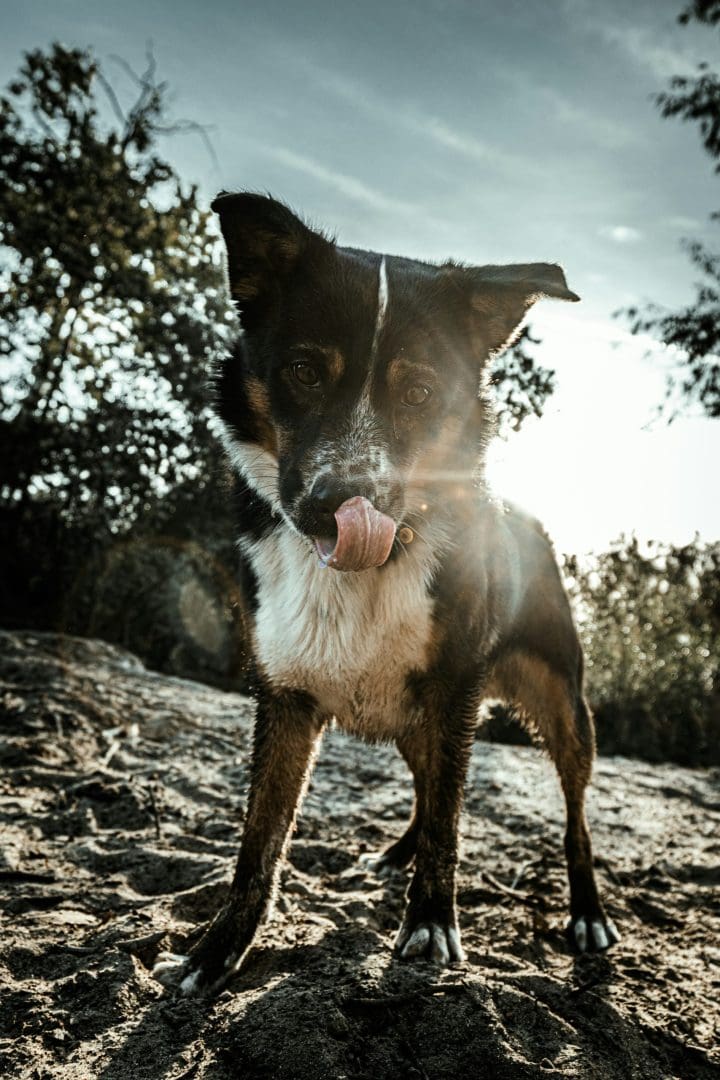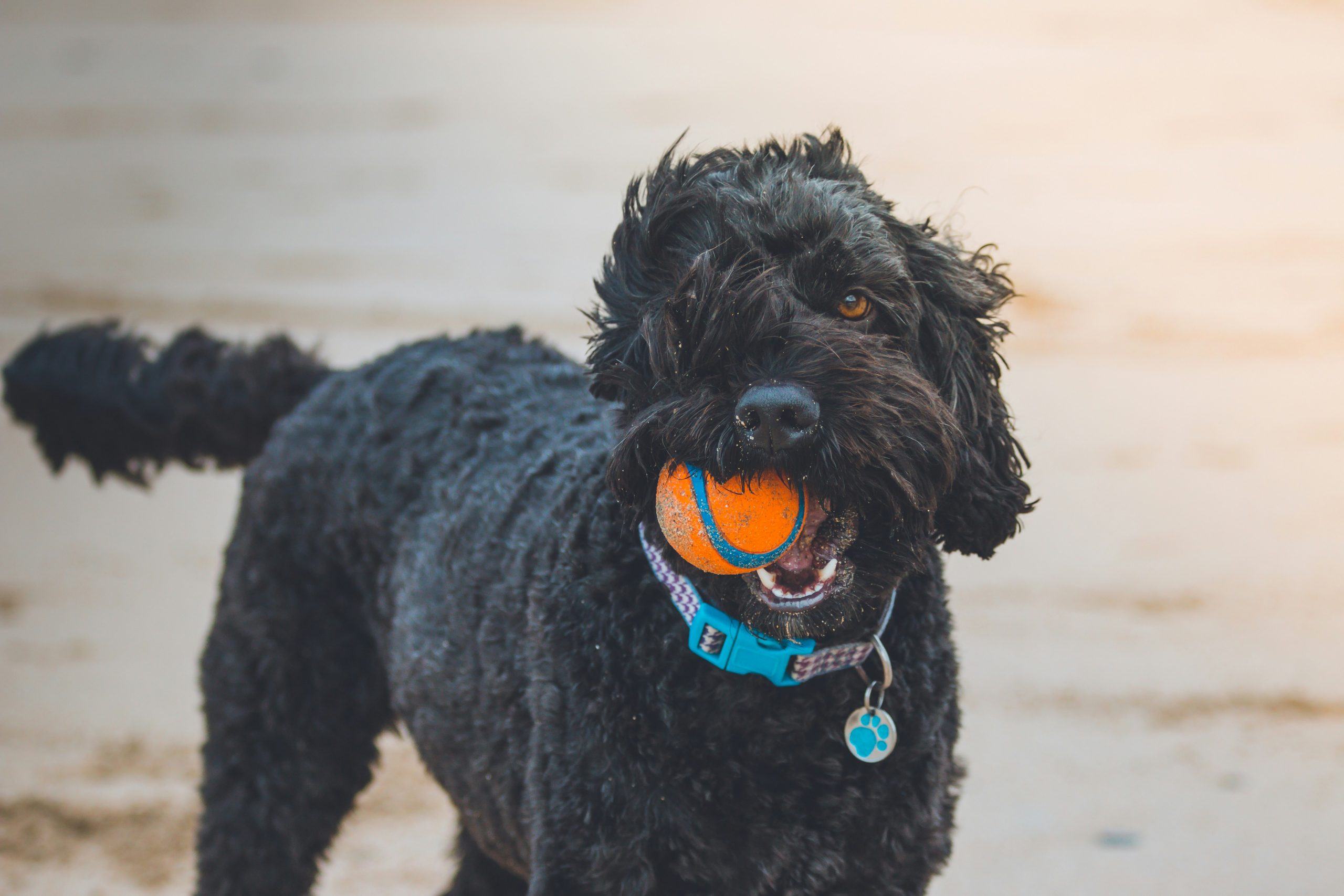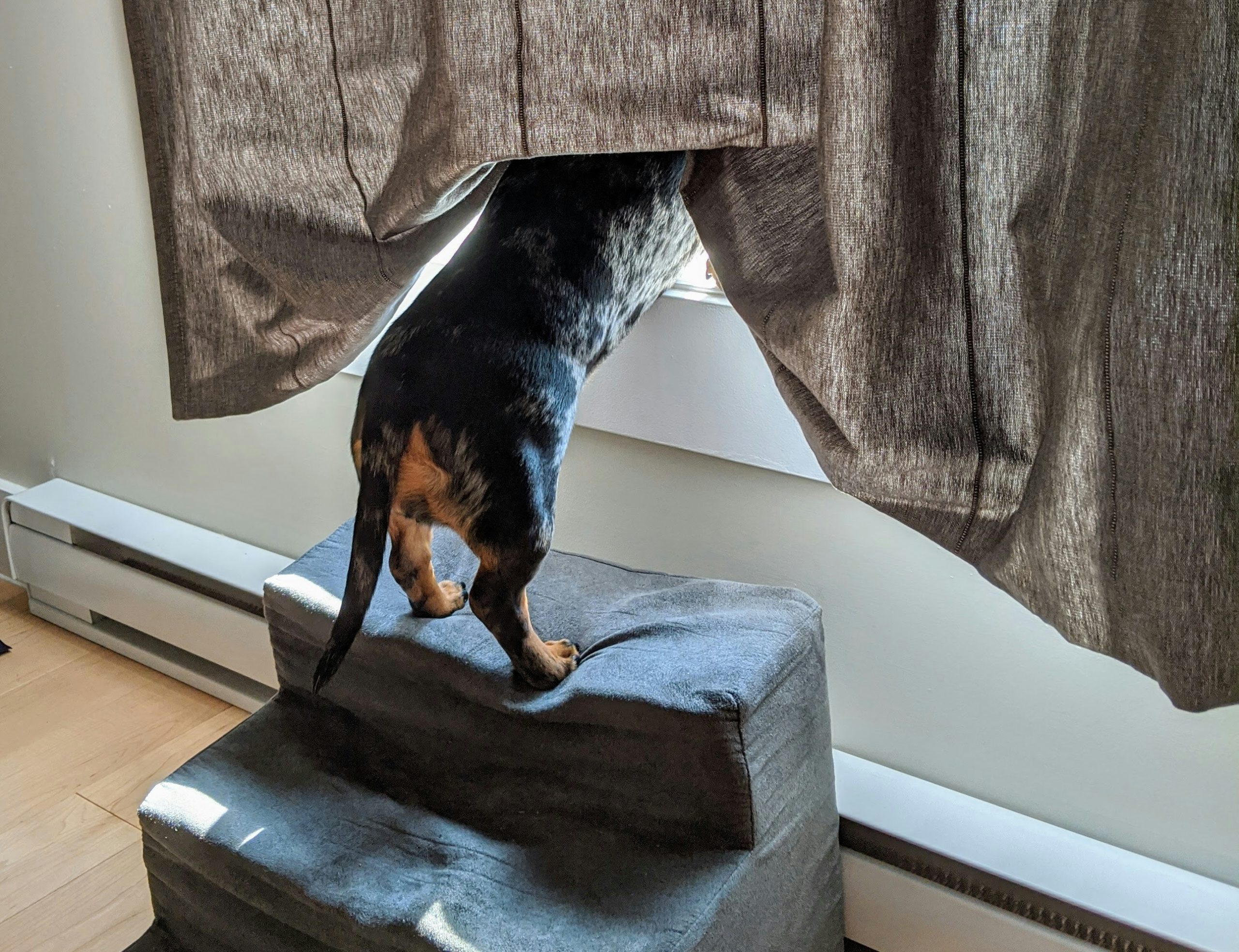Keeping Your Pups Tail Wagging: Effective Ways to Treat Anal Gland Issues in Dogs
This article provides information on understanding anal glands in dogs, symptoms of anal gland issues, natural ways to help dogs express their anal glands, manual expression of dog anal glands, dietary changes to treat anal gland problems, and surgical options for anal gland issues.
Understanding Anal Glands in Dogs
Anal glands, also known as anal sacs, are small structures located on either side of a dog’s anus that play a crucial role in scent marking and communication. These glands contain a fluid that is typically expressed during bowel movements, aiding in olfactory communication with other dogs. Anal gland issues in dogs can vary from impaction to infections and, in severe cases, even cancer, impacting dogs of all breeds and sizes.
An example illustrating the importance of understanding anal glands in dogs is when a pet parent notices their dog excessively licking or biting around the tail area. This behavior may indicate that the dog is experiencing discomfort or irritation stemming from potential anal gland issues. By recognizing these signs early on, pet owners can take appropriate action to address the problem promptly.
Symptoms of Anal Gland Issues in Dogs
Dogs with anal gland problems may exhibit various symptoms, including excessive licking or biting around the tail area, dragging their bottom on the ground (scooting), and emitting a foul-smelling discharge. Additionally, behavioral changes such as restlessness, discomfort, or irritability can signal underlying anal gland issues in dogs. Swelling, redness, or pain near the anus are common symptoms associated with anal gland problems, indicating the need for intervention.
For instance, if a dog is constantly scooting or showing signs of discomfort when sitting, it could be a red flag for potential anal gland problems. Addressing these symptoms promptly by consulting a veterinarian can help prevent further complications and discomfort for the dog.
Ways to Naturally Help Dogs Express Anal Glands
Promoting natural anal gland expression in dogs can be facilitated through various natural methods. Regular exercise plays a key role in promoting healthy digestion and aiding in the natural expression of anal glands. Additionally, providing a balanced diet rich in fiber is essential for maintaining optimal anal gland function in dogs, as fiber helps regulate bowel movements and prevent impaction. Ensuring proper hydration levels for dogs can also help prevent constipation, a common contributor to anal gland issues.
For example, incorporating fiber-rich foods like pumpkin or sweet potatoes into a dog’s diet can help promote regular bowel movements and facilitate the natural expression of anal glands. These dietary adjustments can significantly benefit a dog’s overall anal gland health and reduce the risk of complications.
Manual Expression of Dog Anal Glands
Manual expression of a dog’s anal glands should be done with caution to avoid causing discomfort or injury. If unsure about how to express a dog’s anal glands, it is recommended to seek guidance from a professional groomer or veterinarian. Manual expression may be necessary for dogs with recurrent anal gland problems or those unable to empty their glands naturally.
Dietary Changes to Treat Anal Gland Problems
Adding probiotics to a dog’s diet can promote healthy gut flora and aid in preventing anal gland issues. Foods rich in omega-3 fatty acids can help reduce inflammation and improve overall anal gland health in dogs. Avoiding excessive treats or fatty foods can contribute to maintaining regular bowel movements and preventing anal gland impaction.
Surgical Options for Anal Gland Issues
Surgical procedures for anal gland problems may include partial or complete removal of the anal glands in cases of chronic issues or severe infections. Consultation with a veterinary oncologist may be necessary for dogs with anal gland cancer to determine the best course of treatment. Post-surgery care for anal gland procedures typically involves monitoring for signs of infection, ensuring proper wound healing, and managing any discomfort or pain.



